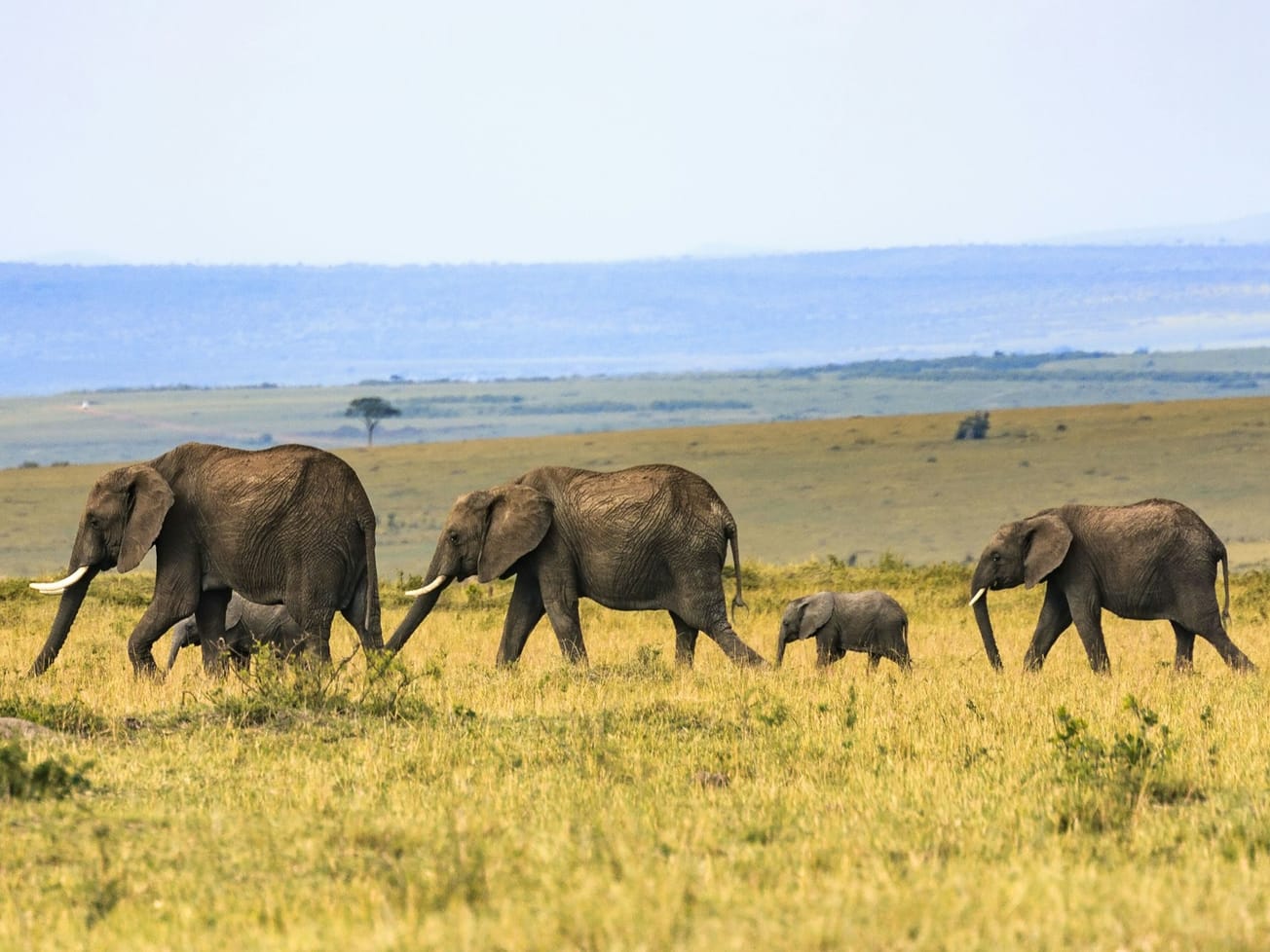World leaders representing Africa's 1.3 billion people in 54 countries lined up behind a global carbon tax and sweeping changes to the world's financial architecture ahead of November's COP28 climate summit.
The first Africa Climate Summit drew more than 10,000 participants from governments, organizations, the private sector and civil society, and ended with a consensus "Nairobi Declaration" announcing the continent's aspirations as a major clean energy player and plans to hold the world's biggest polluters to account.







